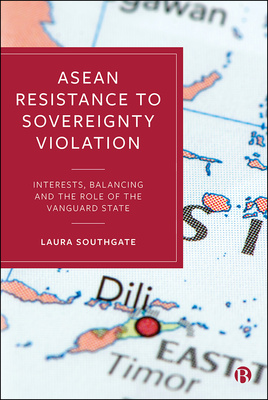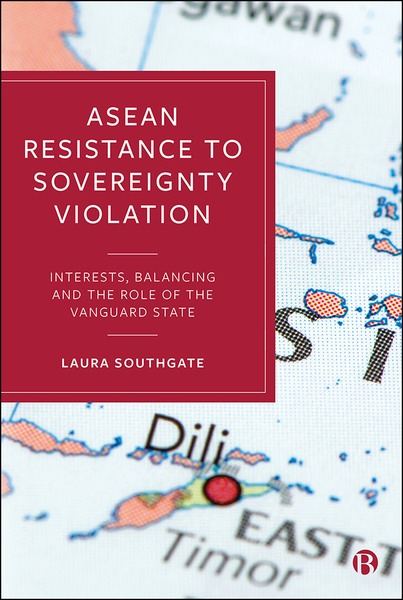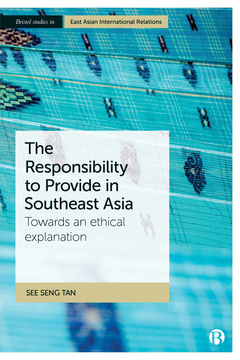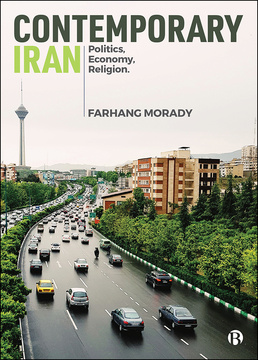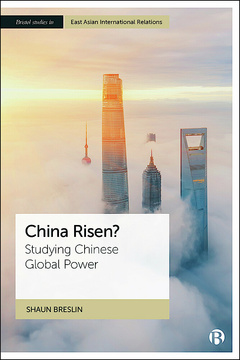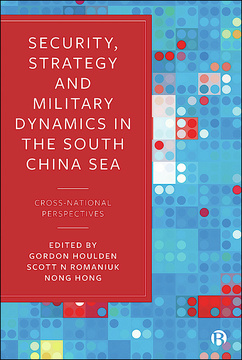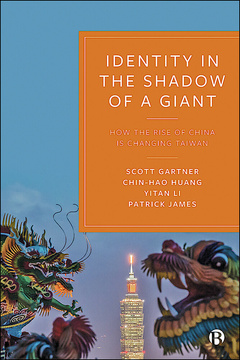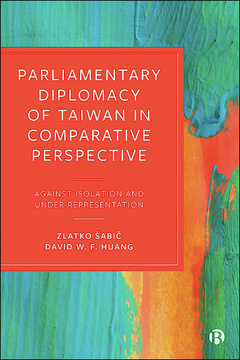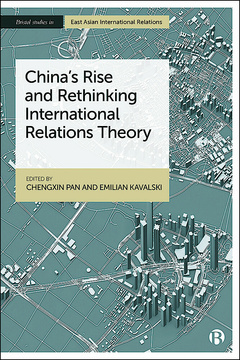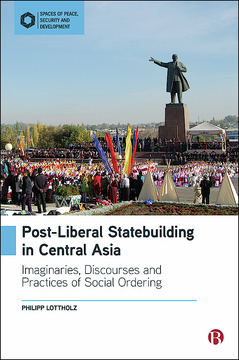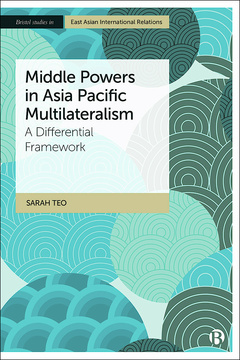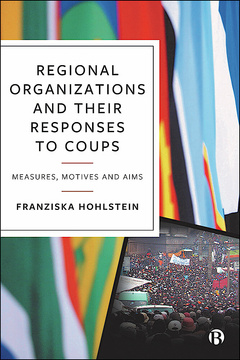ASEAN Resistance to Sovereignty Violation
Interests, Balancing and the Role of the Vanguard State
By Laura Southgate
Published
8 May 2019Page count
294 pagesISBN
978-1529202205Dimensions
234 x 156 mmImprint
Bristol University PressPublished
8 May 2019Page count
294 pagesISBN
978-1529202229Imprint
Bristol University PressPublished
8 May 2019Page count
294 pagesISBN
978-1529202236Imprint
Bristol University PressPublished
8 May 2019Page count
294 pagesISBN
978-1529202212Imprint
Bristol University PressAvailable Open Access under CC-BY-NC licence. Examining how the Association of Southeast Asian Nations’ (ASEAN) has responded to external threats over the past 50 years, this book provides a compelling account of regional state actions and foreign policy in the face of potential sovereignty violation. The author draws on a large amount of previously unanalysed material, including declassified government documents and WikiLeaks cables, to examine four key cases since 1975. Taking into account state interests and the role of external powers, the author develops the ‘vanguard state theory’ to explain ASEAN state responses to sovereignty violation, which, it is argued, has universal applicability and explanatory power.
"An original argument, based on vanguard state theory...A very original and superb piece of scholarship." Andrew Tan, Macquarie University
Dr Laura Southgate is a Lecturer in Politics and International Relations at Aston University.
Introduction: ASEAN and the Vanguard State
Chapter One: Interests and Vanguard State Theory
Chapter Two: The Indonesian Invasion of East Timor
Chapter Three: The Third Indochina War
Chapter Four: The East Timor Humanitarian Crisis
Chapter Five: The South China Sea Dispute
Chapter Six: The Future of ASEAN Sovereignty?







